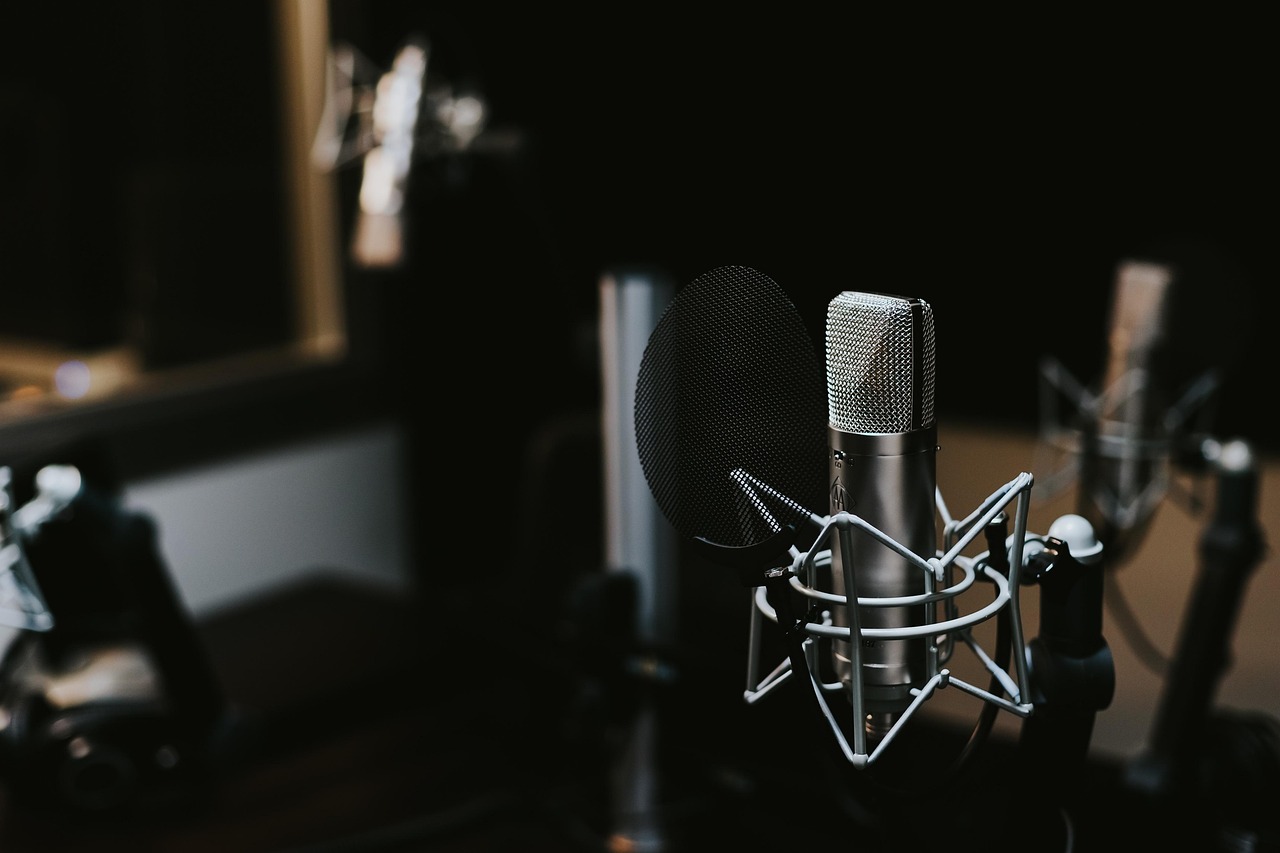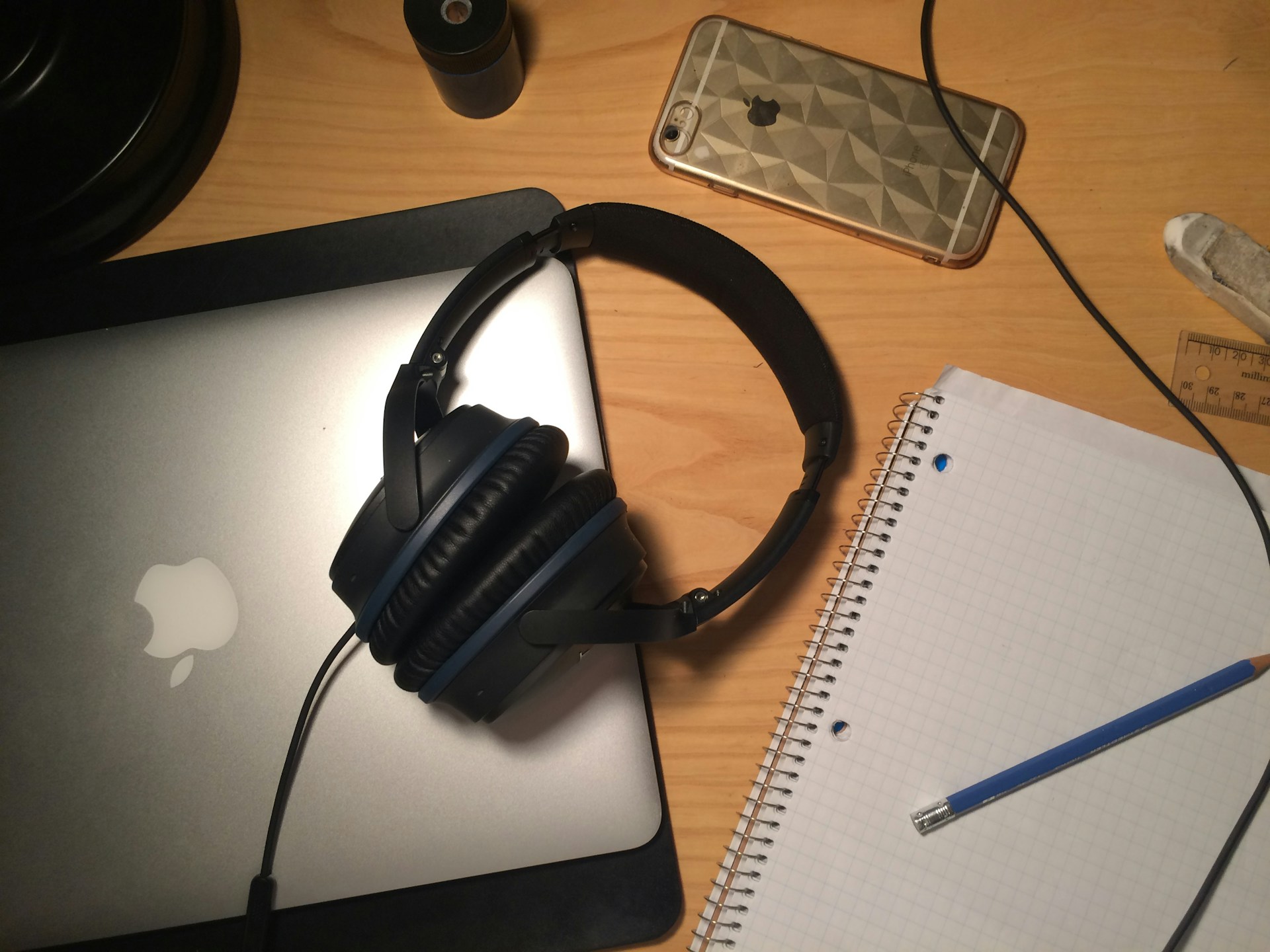In today’s music industry, earning a living as an artist goes far beyond selling albums or performing live. One of the most sustainable ways to generate income is through royalties—payments made to artists, songwriters, and producers when their music is used. Whether you’re an independent musician or part of a label, understanding how royalties work can help you unlock steady revenue streams.
What Are Music Royalties?
Music royalties are payments made to rights holders when a song is used in various ways—streamed, played on the radio, performed live, or synced with visual media. These royalties ensure that artists and composers are compensated for the creative work they’ve put into making music.
There are several types of royalties, including:
- Performance royalties: Earned when your music is played on radio, TV, or live performances.
- Mechanical royalties: Paid when your song is reproduced, whether as physical copies or digital downloads.
- Sync royalties: Earned when your music is used in movies, commercials, or YouTube videos.
- Print royalties: Generated from the sale of sheet music.
- Neighboring rights royalties: Earned by performers and labels when a recording is publicly broadcast.
1. Register With a Performing Rights Organization (PRO)
To start collecting performance royalties, you must register with a Performing Rights Organization. These organizations track public performances and distribute payments to artists. Examples include:
- ASCAP and BMI (USA)
- PRS for Music (UK)
- IPRS (India)
Registering with a PRO ensures you get paid whenever your music is played on radio, TV, live venues, or streaming platforms that report usage.
2. Streaming Royalties From Platforms
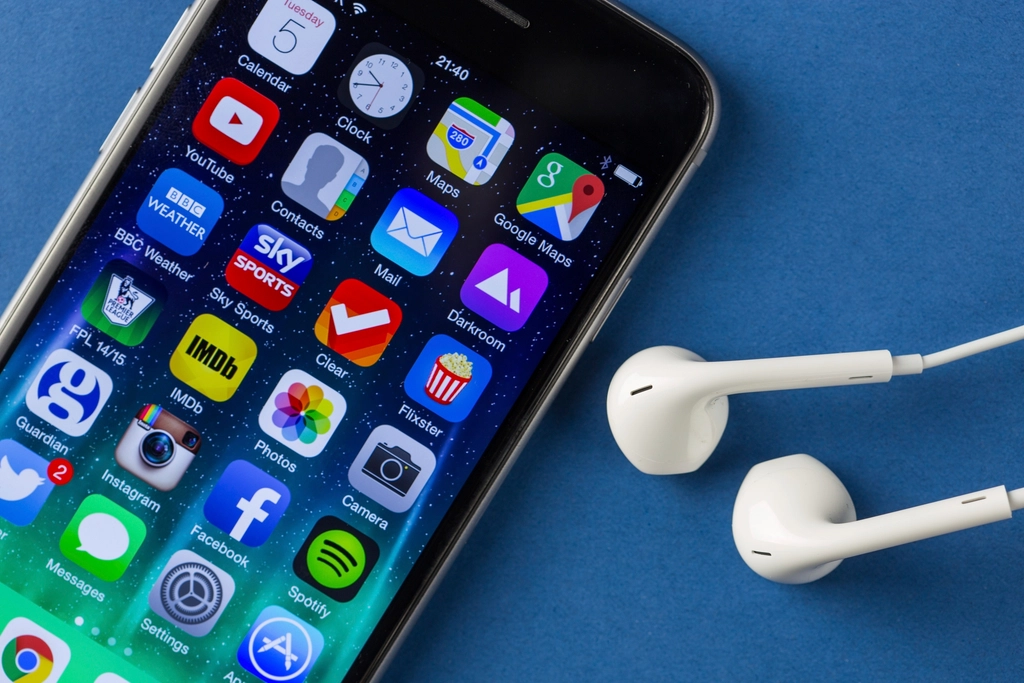
Digital streaming services like Spotify, Apple Music, Amazon Music, and YouTube Music generate revenue through subscriptions and ads, then pay a share to rights holders. While each stream might only earn a fraction of a cent, the volume of plays can add up quickly—especially if your music gets added to popular playlists or goes viral.
To collect these royalties, consider distributing your music via digital distributors.
These services help get your tracks onto platforms and collect the earnings on your behalf.
3. Music Publishing and Sync Licensing
Music publishing refers to the management and monetization of your songwriting rights. If your music is placed in a film, ad, video game, or TV show, you earn synchronization (sync) royalties.
You can handle publishing yourself or partner with a publisher to help place your songs in high-profile sync opportunities. Sync deals can be highly lucrative and also give your music major exposure.
4. Earn Money Through Sync Licensing With Hoopr Smash
Hoopr Smash is a unique platform catering to Indian music creators by offering music licensing opportunities. Through Hoopr Smash, artists can license their tracks for use in professional content like:
- Advertisements
- Podcasts
- YouTube content
- Instagram Reels
By uploading your music to Hoopr Smash, you gain access to a growing market of creators and brands looking for copyright-safe Indian and Bollywood-style music. Each licensed use of your track can earn you money, without needing millions of streams.
Benefits of using Hoopr Smash:
- Upfront payments and royalties from each license
- Legal protection for your work
- Wider exposure to businesses and creators worldwide
It’s an ideal option for independent artists who want to generate passive income while maintaining their rights.
5. YouTube Content ID and Monetization
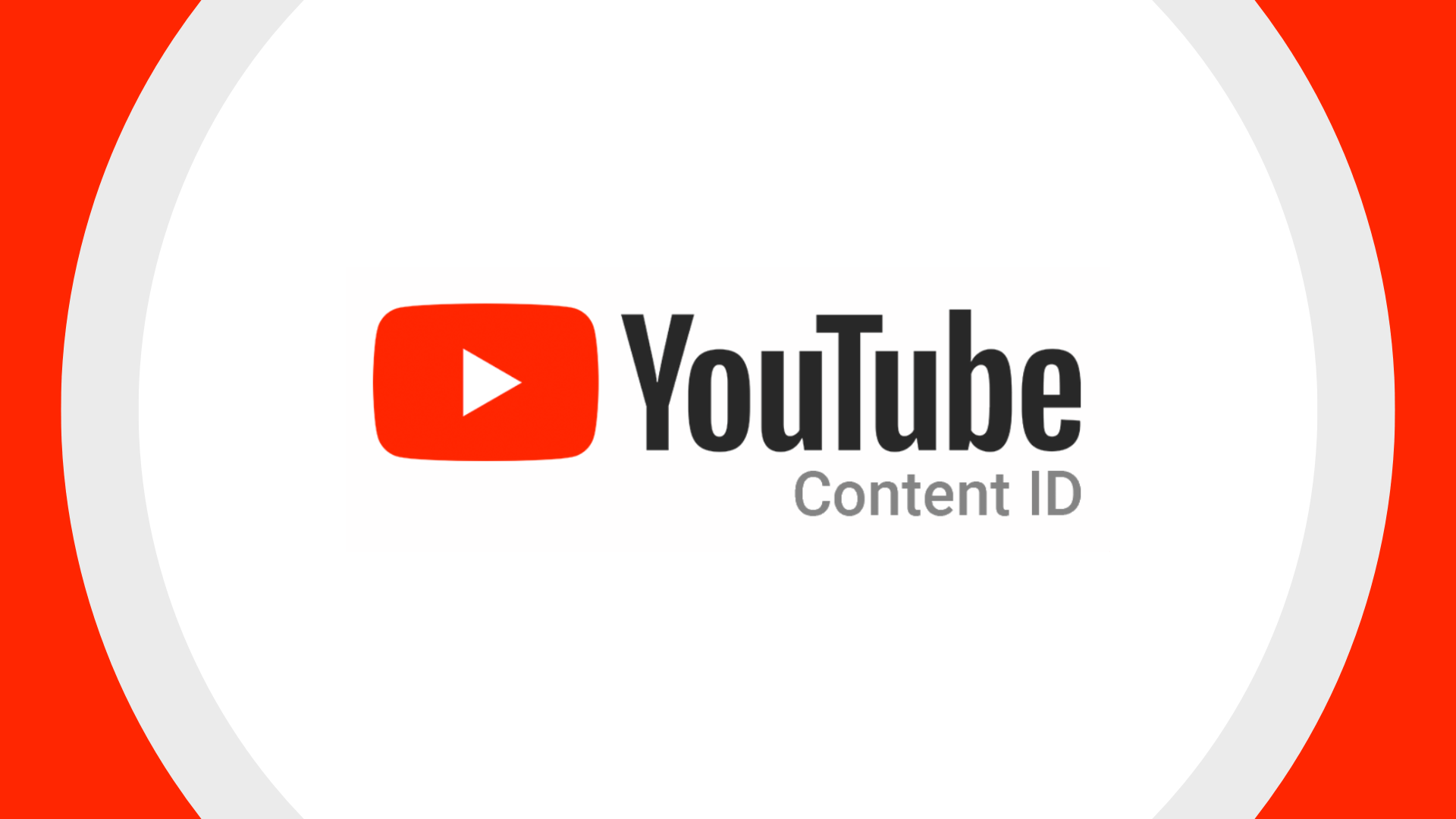
If your music is used in YouTube videos—even by other people—you can earn royalties through YouTube’s Content ID system. By registering your songs with a Content ID partner or distributor, you can monetize user-generated videos featuring your music, whether they were authorized or not.
This can be a consistent revenue stream, especially if your tracks are used in viral videos or popular content.
6. Neighboring Rights and International Royalties
Neighboring rights royalties are separate from publishing rights and benefit recording artists and labels. These are collected when your recorded music is played publicly, especially on international radio stations, public performances, or streaming services.
To claim these royalties, register with collection agencies like:
- SoundExchange (US)
- PPL (UK and India)
These organizations help track international uses of your work and ensure you’re paid what you’re owed.
7. Live Performances and Merch Bundles
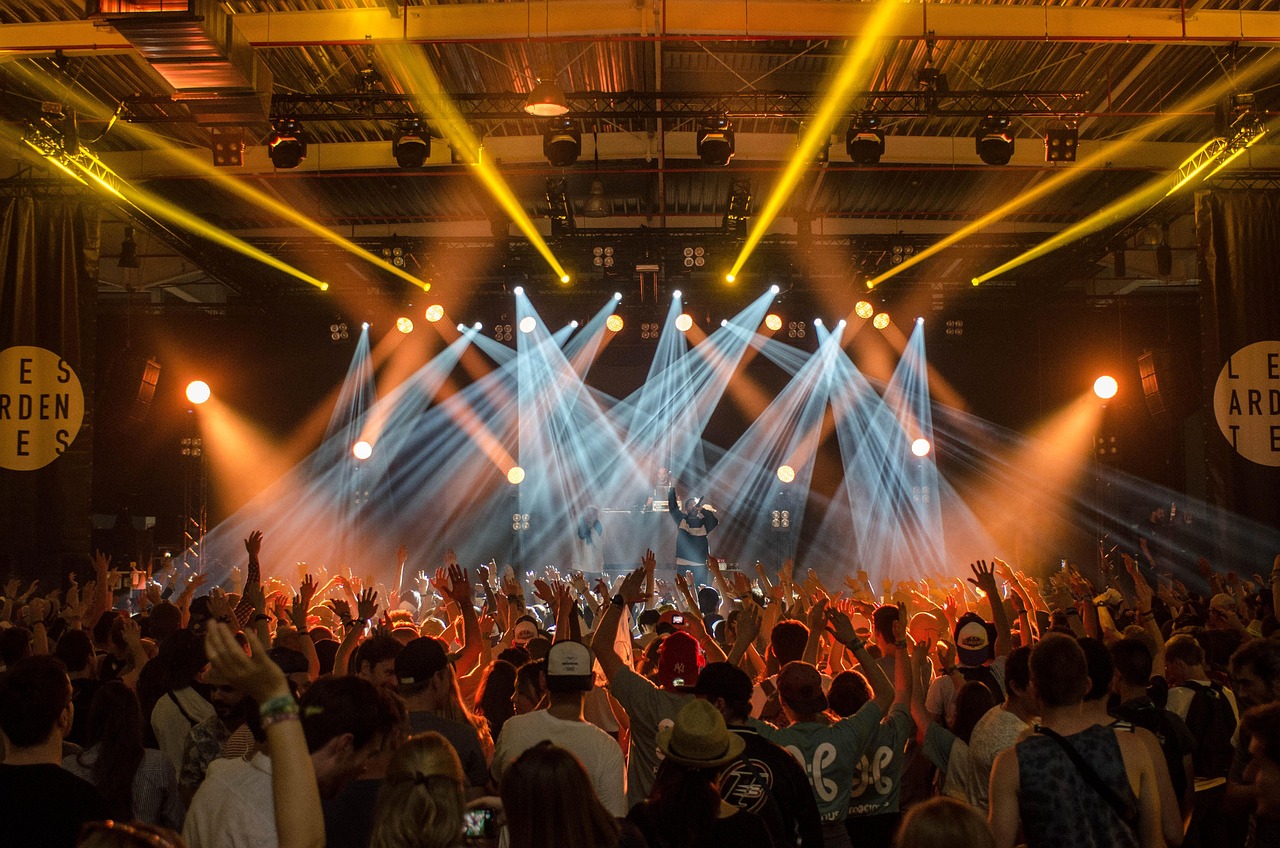
If you perform live, you can also report your setlists to PROs to collect performance royalties. In addition, bundling physical merchandise (like vinyl, T-shirts, or posters) with your music can increase earnings and fan engagement.
Some artists also sell exclusive live recordings or special editions to boost income.
Final Thoughts
There’s never been a better time for artists to earn money through their music, thanks to diverse royalty streams and platforms like Hoopr Smash that open up new monetization avenues. Whether you’re streaming online, licensing to brands, or performing live, understanding and optimizing your royalty income is key to building a sustainable career in music.
Start small, register your work properly, and explore multiple channels. Over time, these revenue streams can turn into a consistent and rewarding income.

